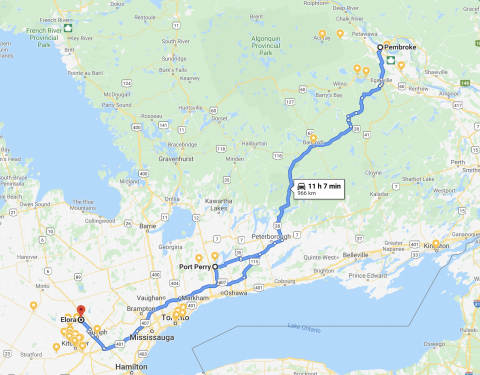I use home assistant to manage the power on my dumb TV, my dumb air conditioner, and my smart light bulbs. I want to be able to control them with a voice UI, but have been trying to get rid of Alexa and Google devices and replace them with something local.
I had Mycroft AI running for a while but since the company has gone defunct I've been trying to migrate over to OpenVoiceOS. There are definitely growing pains and unfortunately I haven't been able to contribute much to the project. I'm writing this to remind myself what I do to get a Raspberry Pi 4 working.
